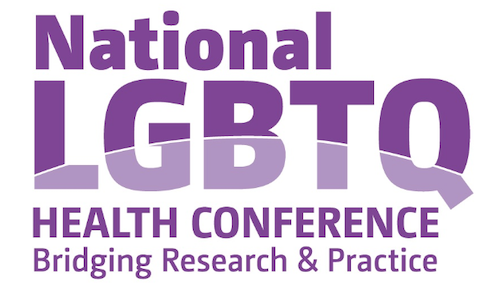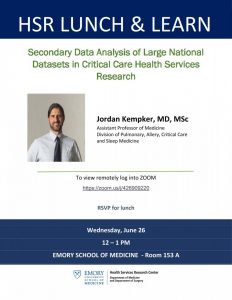Immunizations Surveillance Epidemiologist, Florida Department of Health
Category : Alumni
Position Description: The Bureau of Epidemiology, Florida Department of Health is seeking a full-time surveillance epidemiologist with an emphasis on immunizations surveillance.
Position specific responsibilities include: • Assist in the design, implementation, management, and analysis of immunizations surveys.
• Lead integration of the National Immunizations Surveys and Florida SHOTS (Florida’s immunization registry) for state level vaccination coverage assessment.
• Coordinate surveillance activities statewide on immunizations status surveillance, including conducting statistical analysis of immunizations surveillance data to define and monitor immunizations rates and trends in immunization practices.
• Coordinate activities related to the grant (ensure all grant deliverables are being met, do quarterly reports).
• Assist county health departments in the design and evaluation of health initiatives aimed at improving immunizations rates.
• Serve as a liaison between the Immunizations Section, Surveillance Systems Section, and Infectious Disease Prevention and Investigation (IDP&I) Section.
• Review existing data sources on immunization status and vaccination exemptions as well as look at trends over time for immunization status indicators and review existing reports on a regular basis. Identify and validate new data sources for immunization status and trends in immunization status.
• Review our policies, guidance documents, and data collection tools to see if we are making the right recommendations and collecting the right data in the right ways.
• Review current interoperability functionality between Merlin (Florida’s reportable disease surveillance system) and Florida SHOTS to assess what additional updates need to be made. Ensure those updates are entered into the appropriate change management software, prioritized for release, and tested prior to release.
• Update web content.
Qualifications: Candidate must have excellent written and oral communication skills. The successful candidate will have strong data analysis and data visualization skills and a firm understanding of public health surveillance, syndromic surveillance and surveillance system evaluation methodologies. The candidate should have experience with analysis software such as SAS, SQL, Access and/or other analytical tools (R, SPSS) and experience with GIS. The candidate should have an MPH, MSPH, MS in epidemiology, or equivalent degree or an advanced degree in a health-related field (i.e., PhD in epidemiology, biostatistics, or other public- health field; an MD degree; or a DVM degree), including completion of at least three graduate level epidemiology courses and two graduate level biostatistics courses.
Organization Description: This position is in the Bureau of Epidemiology, Florida Department of Health, State Health Office and can be based in either Tallahassee or Tampa, Florida. The position is part of the Surveillance and Surveillance Systems Section of the Bureau of Epidemiology. The Bureau of Epidemiology leads the Department of Health’s efforts to prevent infectious and chronic diseases through surveillance, case and outbreak investigation, training and information dissemination.
We do a lot of good work, we are appreciated by the county health departments, we publish the best work we do, we attract grant funds, and we work well together.
Florida Department of Health Mission: To protect, promote and improve the health of all people in Florida through integrated state, county and community efforts.
For more information and to apply, click HERE.











Recent Comments